|

Tell us about your new book.
Why Photographers Commit Suicide explores, in small narratives and lyrical poems, the American idea of Manifest Destiny, particularly as it relates to the next frontier—space exploration. I examine the scientific, psychological and spiritual frontiers enmeshed in our very human longing for space, including our dream of a space station on Mars.
These poems survey what we gain and what we lose as we progress towards tomorrow, and how we can begin to understand the universal melancholy we seem to cherish for what we leave behind, the lives we have already lived. I unearth our feelings about what it means to move ahead and stake out new territory, and what it means to be home.
What kind of readers will it appeal to?
This book would appeal to readers who are interested in the latest developments with NASA and the rover Curiosity on Mars, those who are interested in looking at astronomy and physics in a metaphorical and metaphysical way, those who are interested in thinking about how exploration and new frontiers both help us solve problems and yet how our discoveries never seem to solve our existential longings.
How long did it take to write?
This book started as a MFA thesis back in 1995! The first poems were inspired by an idea to satirize the European travel stories of my fellow Sarah Lawrence students and by the poems in Alice Walker’s collected poetry anthology, “Her Blue Body and Everything We Know, Earthling Poems 1965-1990.” The somewhat haughty ‘My Days in Spain’ would become the ridiculous ‘My Days on Mars.’ However, the resulting poems took much of their framework from Michael Collins’ 1990 book “Mission to Mars” and from articles in the mid-1990s issues of “Discover” magazine and some sci-fi fiction in “Omni” magazine of that same period.
Your book title is one of our favourite titles. How soon into the production of the book did you realise that this is what it had to be called?
Thank you. I love working on titles. The poem titles in the book were all fun to do. However, the book title was a struggle over many, many years honestly. I could not nail down the title and I did not want to use the title I eventually did use. I tried about ten other titles that did not work, from “Children of Algebra” to “The Lies of Mars” (based on the Ides of March). Tracy K. Smith just had a hugely successful book with “Life on Mars” last year and this fact forced me to differentiate myself from her very successful book. The title I chose was my fallback, last resort title. I don’t know why I resisted it. The current title is based on the book’s flagship poem and one of the book’s most popular poems. I guess I felt I wanted the book’s title to be independent of its parts. It annoys me when recording artists name their albums after the first song and first single on the album (a creative opportunity lost). I wanted to avoid that. But I was wrong. Big lesson learned.
Is the general appetite for poetry healthy, or is it waning?
Good question. This is a situation for all poets. The consumer appetite for poetry has definitely struggled since the Victorian Age actually, when men of science became the de facto thought leaders of society. However, poetry is still here despite all the industrial age and new media information and entertainment alternatives. I love all those things too – where would I be without my iPhone apps and my DVR’d episodes of “American Horror Story?”
Poetry needs to redefine itself as useful. Poetry needs to embrace all the new media opportunities where poetry already exists, like poems that appear as riddles in video games, poetry used in advertising, poetry that still shows up in novels (“White Oleander” being a majorly successful example), poetry used as academic research material (witness statements, broadening points-of-view, well-phrased quotations). The appetite for information is there. We just need to connect that to the information inherent in poetry.
What was the most challenging part of your creative process when producing Why Photographers Commit Suicide?
The most challenging process for me with this book was learning how to format poetry in an eBook. Although I have HTML experience, it was intimidating to learn all the devices and apps used for reading eBooks.
Can you tell us a bit about yourself?
I am the co-author of “Why Photographers Commit Suicide” and the co-author of “St. Lou Haiku.” My poems have appeared in Ape Culture, Phoebe – The Journal of Gender and Cultural Critiques, The South Carolina Review, The Wisconsin Review, Switched-on Gutenberg, Literal Latte, Natural Bridge, Tintern Abbey, Eye Dialect, and Mudfish. My essays have been published in Book/Mark, Ape Culture and Hermenaut, The Journal of Heady Philosophy. I am also the creator of an alter-ego zine, blog and resource site for Cher Scholar. And I was co-editor of the award-winning pop culture zine Ape Culture.
Whenever we interview a poet we ask if they can give us a poem that is indicative of their style. Can you?
Here is the introductory poem – it’s short:
Imagine Mars
Imagine your life in a glass box,
cold, clean streets and the porcupine feeling
of antiseptic air.
Imagine holy days of rain,
a cyclone, staged burlesque
in a carnival.
Organized animal love.
Imagine everything Mars,
a world without squalling,
the gauzy breeze tribesmen tell of
in Legend of the Faucet Sky.
Imagine the smell of autumn in a test tube,
cloning sickly trees,
sheet-snapped flurries with nowhere to go,
leaflessness.
Bravo. Do you have a site where readers can keep up with your work?
Yes, Big Bang Poetry.
And where can we buy Why Photographers Commit Suicide?
From Amazon.
What’s next?
I’m working on a mashup book of Buddhist poems framed within an late-1800s cattle drive.
|


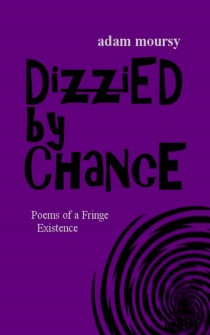
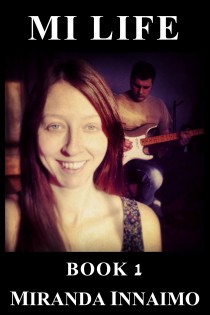
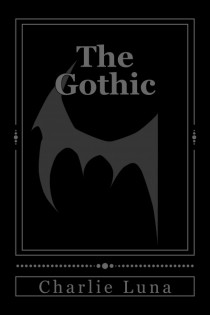
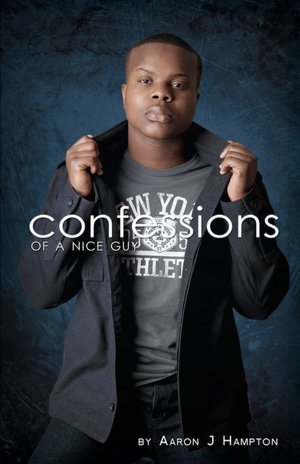
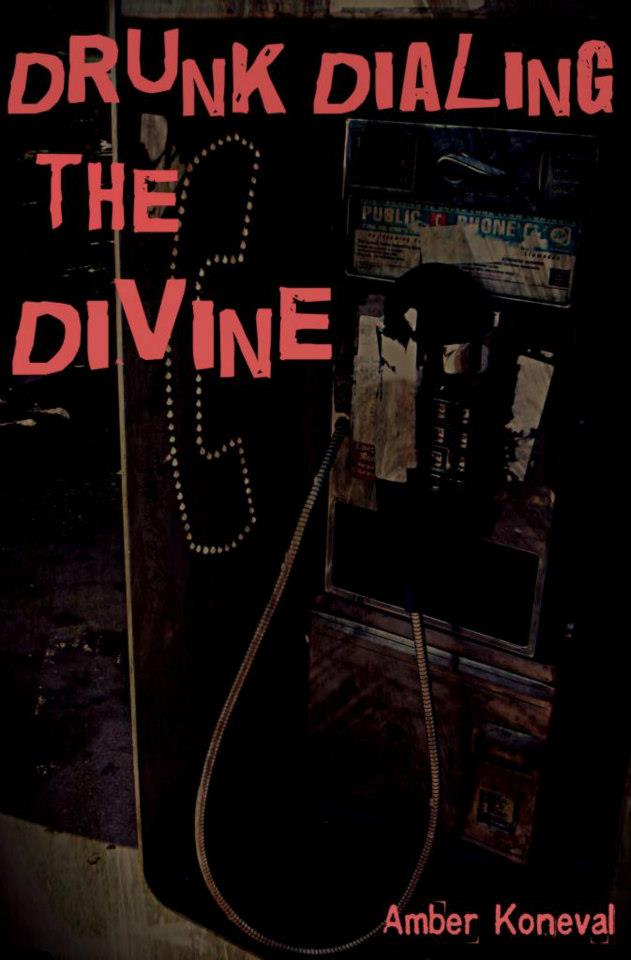
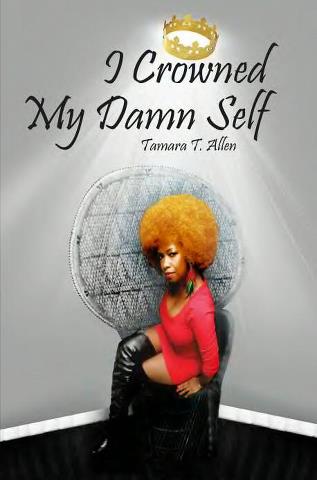
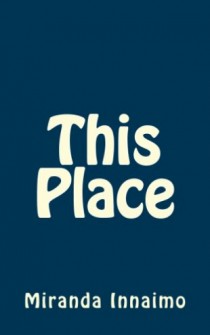
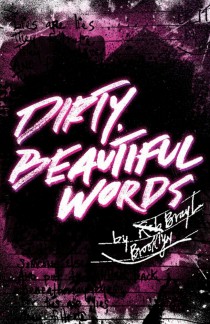
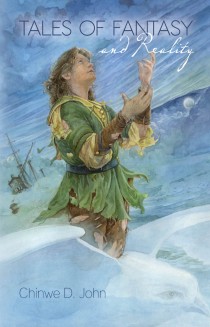
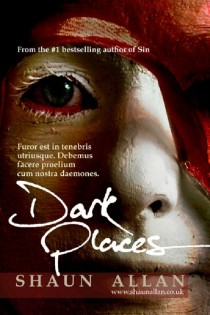
Do you mind if I quote a couple of your articles as long as I provide credit
and sources back to your weblog? My blog is in the exact same area of interest
as yours and my visitors would certainly benefit from some of the information you present here.
Please let me know if this okay with you. Thanks!
Of course you can. Thank you for asking, though.